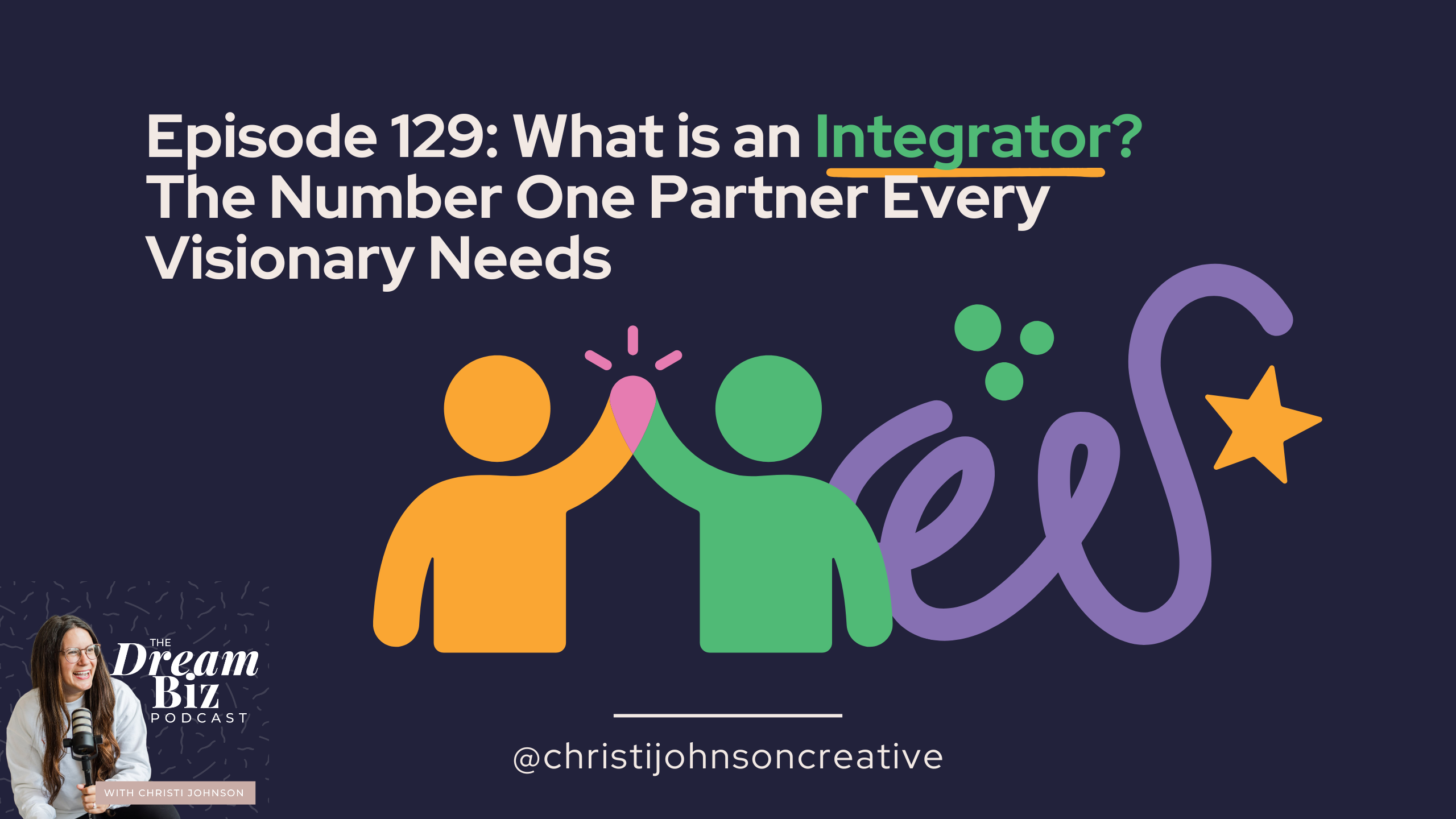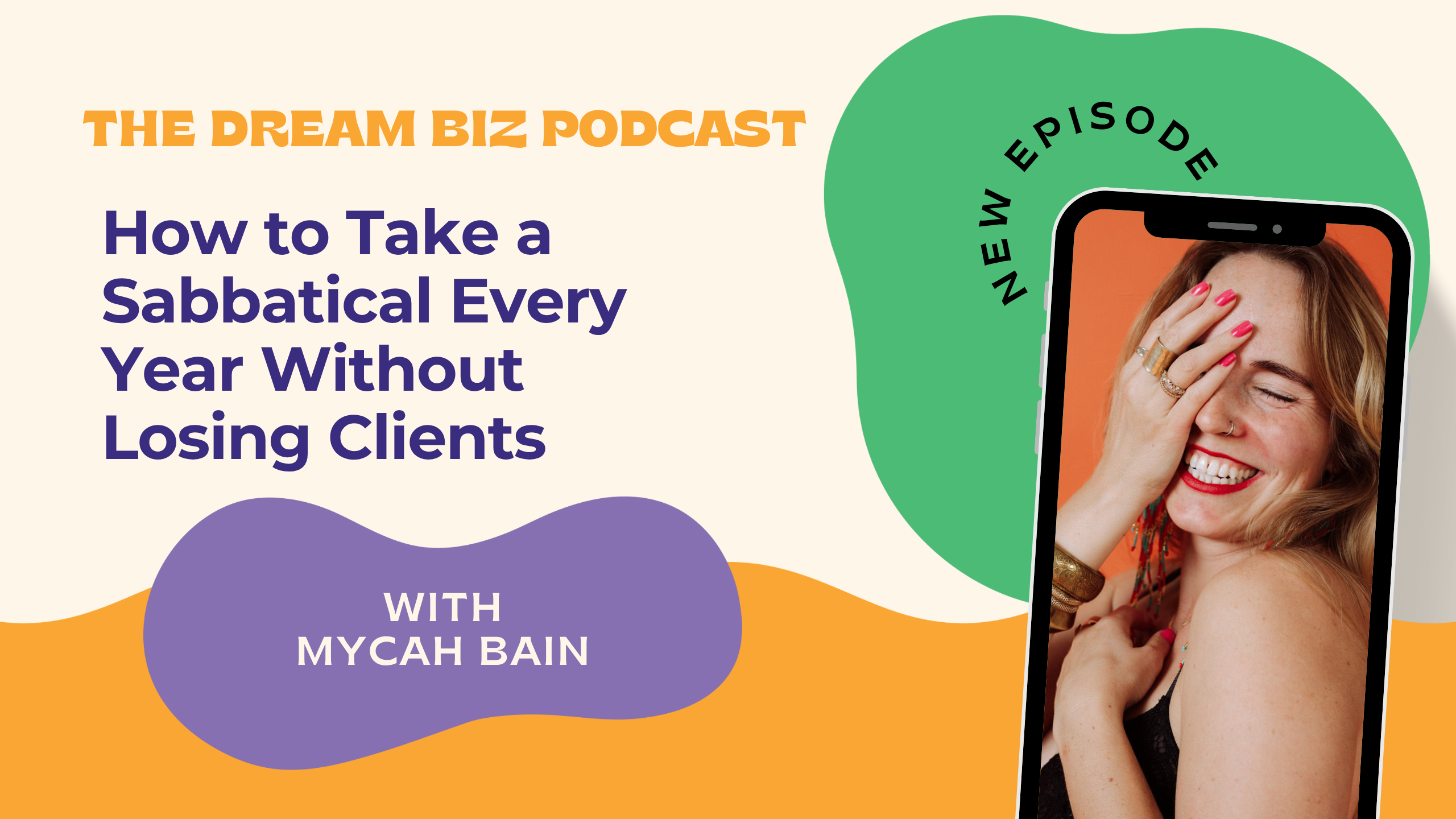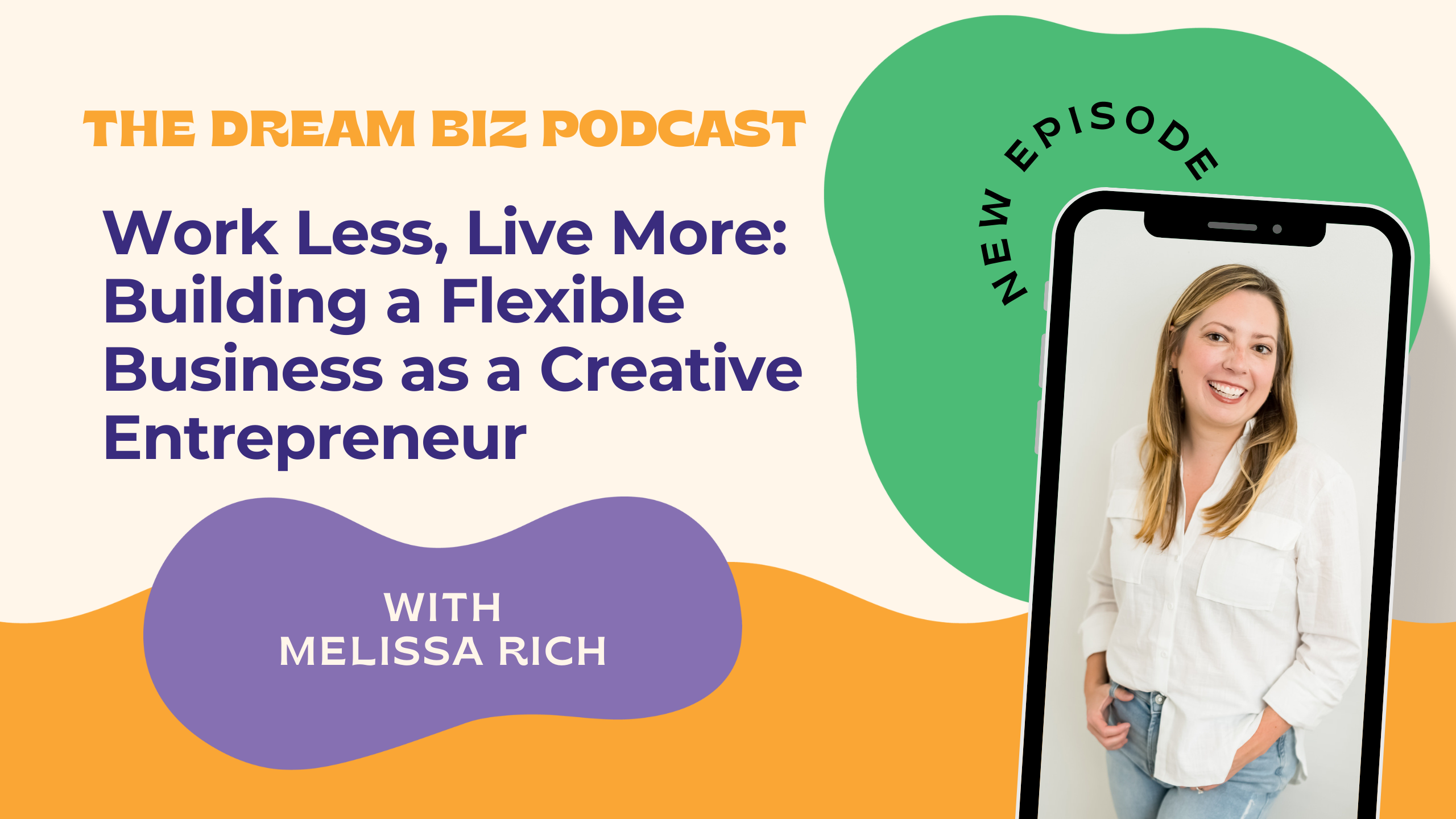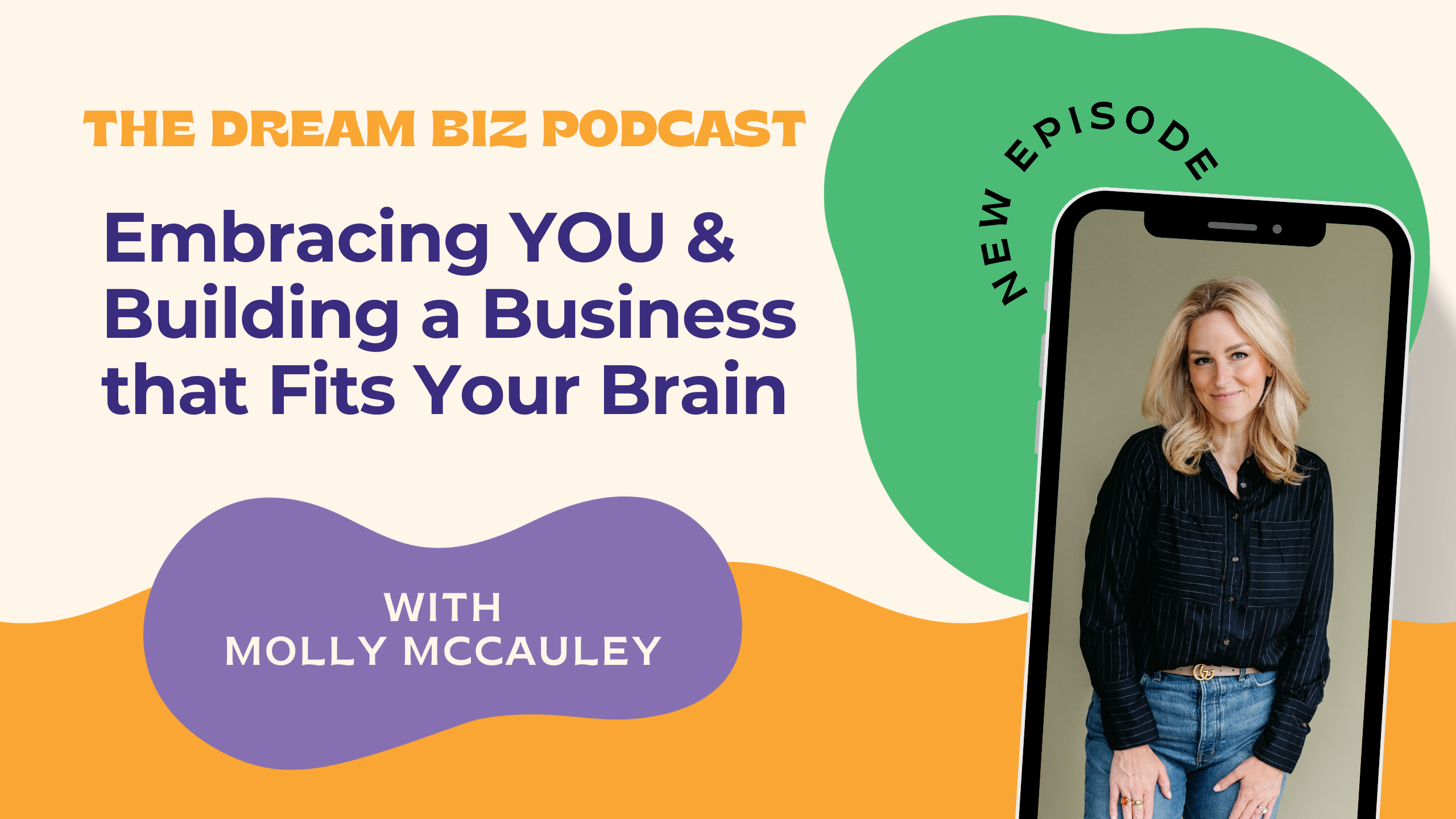>Watch the Episode with Transcript<
Hello everyone! Today, I want to talk about something incredibly important: the benefits of hiring an integrator for your business. An integrator is the number one partner every visionary needs. I think of my clients as visionaries; they have so many incredible ideas and a strong message they want to share with the world.
What is an Integrator?
First, let’s clarify what an integrator is. An integrator is focused on execution. They help bring your ideas to life, especially when you might lack the skills, stamina, motivation, or time to execute your plans. As someone with ADHD, I understand how difficult it can be to move from idea to action. Accountability, deadlines, and having goals are key components that help me, and that’s exactly where an integrator comes in for many business owners.
The Role of an Integrator:
1. Day-to-Day Business Management
One of the primary benefits of hiring an integrator for your business is assistance with day-to-day business management. Similar to an online business manager (OBM), an integrator ensures that operations run smoothly and tasks get done. They can help you audit your business operations and build out project management systems. They are deeply involved in understanding your business goals and identifying bottlenecks.
2. Planning and Execution
Another critical role of an integrator is in planning and execution. Beyond managing day-to-day tasks, they help with the bigger picture. During quarterly planning sessions, for example, we set visionary goals and create actionable plans. Without action steps, your vision remains just an idea. An integrator makes sure these plans are executed, bringing your ideas to fruition.
3. Creative Problem Solving
One thing I love about being an integrator is creative problem solving. Many people confuse an integrator with a VA (Virtual Assistant), thinking they’re just there for task management. However, an integrator brings their brain and execution skills to the table. They help identify bottlenecks, streamline tasks, and solve problems that may be holding your business back. This might include reassessing where you’re allocating resources or finding workarounds for issues slowing down your progress.
4. Communication with Your Team
If you have a team, another benefit of hiring an integrator for your business is improved communication. An integrator helps communicate your overall business strategy to your team members—be it your VA, graphic designer, or other staff—ensuring everyone is on the same page without the burden falling on you.
5. Accountability
Lastly, one of my favorite aspects of being an integrator is accountability. I love helping my clients achieve their goals and stay motivated. Accountability is crucial, especially for those of us with ADHD. Knowing that someone else is counting on me helps me take action. An integrator becomes a partner in your business, helping you stay accountable to your long-term goals.
Is an Integrator Right for Your Business?
If your business feels like a collection of puzzle pieces not yet put together, or if it has become an ideas graveyard, then an integrator might be the solution you’re looking for.
Recap: The Benefits of Hiring an Integrator for Your Business
- 1. Day-to-Day Business Management: Ensuring operations run smoothly.
- 2. Planning and Execution: Turning goals into actionable plans.
- 3. Creative Problem Solving: Identifying and addressing bottlenecks.
- 4. Communication: Bridging your strategy with your team.
- 5. Accountability: Keeping you on track toward your goals.
If you’re ready to bring on an integrator, book a consultation call with me. Head over to my website, christijohnsoncreative.com, where I work with clients ongoing as a full-time integrator on their team or specialize in specific projects like launches. Thanks for reading!
Important Links:
Key Moments:
- 00:00 Introduction to the Dream Biz Podcast
- 00:23 What is an Integrator?
- 01:35 The Role of an Integrator in Business Management
- 03:38 Creative Problem Solving and Team Communication
- 05:38 Accountability and Long-Term Goals
- 06:52 Recap and How to Get Started with an Integrator
- 07:44 Conclusion and Next Steps






